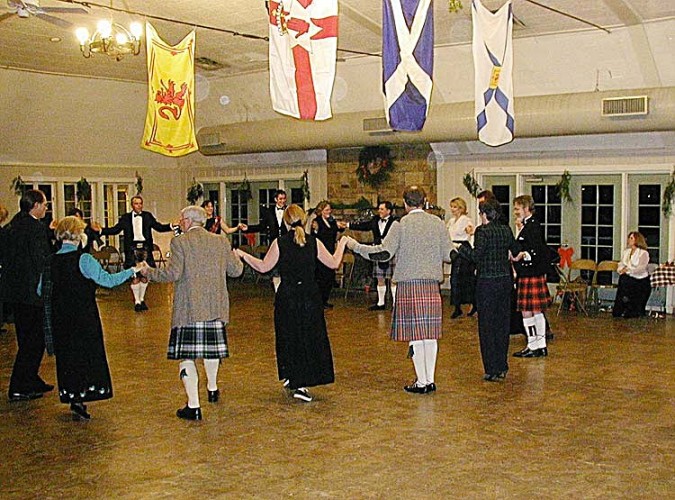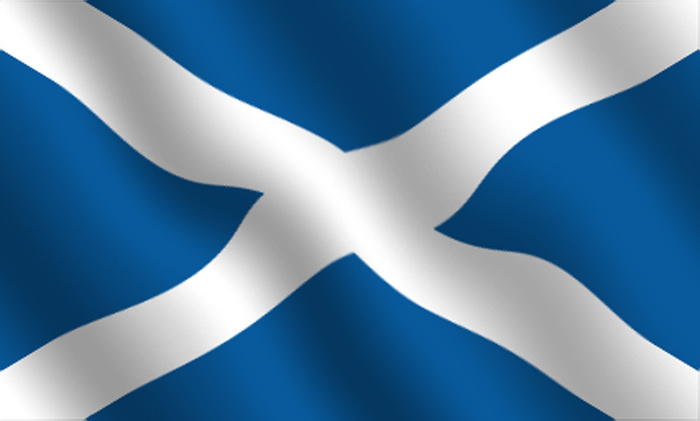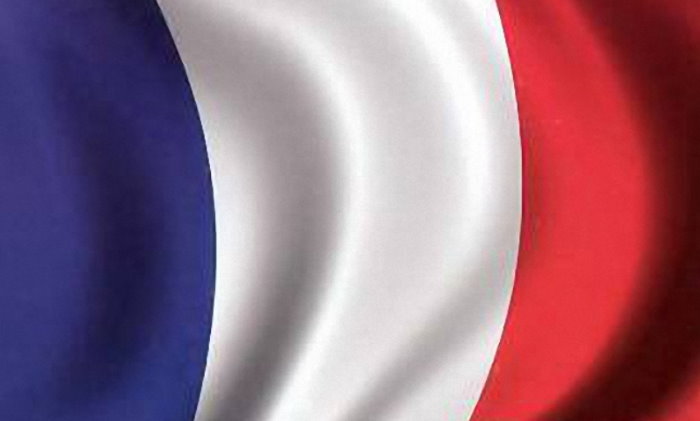“Auld Lang Syne" is a Scottish poem written by Robert Burns in 1788. The song asks whether old friends and times will be forgotten and promises to remember people of the past with fondness.
It is often sung to celebrate the start of the New Year at the stroke of midnight (Hogmanay [1] in Scotland). By extension, its use has also become common at funerals, graduations, and as a farewell or ending to other occasions.
Some consider it to be an international expression of friendship, fellowship and hope. Others perceive it to be a simple song, presented at the conclusion of a social gathering, remembering the past and re-affirming the importance of our future, and those important to us.
| In Scotland it is often sung and danced at the end of a ceilidh. It is common practice that everyone joins hands with the person next to them to form a great circle around the dance floor. At the beginning of the last verse, everyone crosses their arms across their breast, so that the right hand reaches out to the neighbour on the left and vice versa. When the tune ends, everyone rushes to the middle, while still holding hands. When the circle is re-established, everyone turns under the arms to end up facing outwards with hands still joined. In countries other than Scotland the hands are often crossed from the beginning of the song at variance with Scottish custom. |

|
Those going out first footing should carry a bottle to offer a drink, a lump of coal to signify that the house will keep warm, bring comfort and be safe for the year, black bun, or more modernly shortbread, to signify that the household won’'t go hungry for the year and a silver coin to bring prosperity to the household for the new year. The first-foot is supposed to set the luck for the rest of the year. Traditionally, tall dark men are preferred as the first-foot. This stems back to the 4th - 12th century when unwelcome visitors to this shore were Vikings who were short and fair-haired. It is considered luckier to have the opposite type of person to visit. He or she should be honest, healthy, good tempered and liked by all. They must not be carrying a sharp object like a knife. It is not unusual for a household to choose a first footer and make arrangements prior to Hogmanay. Women and red haired people are considered unlucky first footers, as is a person who first foots empty handed with no gift. Such a person will bring bad luck to the household for the rest of the year. Scottish hospitality means that the unlucky first footer cannot be turned away and must come in for some refreshment. Some households overcome this bad luck by asking the person to throw salt on an open fire if they have one or placing a piece of burning straw up the chimney. Roman Catholics will cross themselves if an unlucky first footer arrives at their house. Others make a cross from Rowan twigs and place this at their front door. If an unlucky first footer arrives they touch this twig cross three times saying the name of their God each time before the first footer speaks.
During the day of Hogmanay the household would be busy cleaning so that the New Year
could be welcomed into a tidy and neat house. It is considered ill luck to welcome in the New Year
in a dirty uncleaned house. Fireplaces would be swept out and polished and some people would read
the ashes of the very last fire of the year, to see what the New Year would hold.
Any visitors who arrive before the chimes of midnight on New Year’s Eve would have to be
violently shooed away to prevent bad luck. At midnight the man of the house would open the back door
to let the old year out and then open the front door of the house to let in the new year.
The etymology of the word Hogmanay is obscure. It may have been introduced to Middle Scots through the Auld Alliance. The most satisfactory explanation is a derivation from the Northern French dialect word hoguinané being derived from 16th century Old French aguillanneuf which is either a gift given at New Year, a children's cry for such a gift or New Year’s Eve itself.
There has always been a strong connection between Scotland and France which dates back to the Auld Alliance between the two countries when they shared a common Queen who was Mary, Queen of Scots. She lived in France for a short time during her childhood and was the Queen of France for a brief period. When she returned to Scotland she introduced many customs to the country and French words to the Scots language.
|
It is generally agreed that Burns was not the author of the words except for two verses,
judged as the best and the only ones everyone knows. It is often remarked that "Auld Lang Syne" is one of the most popular songs that nobody knows the lyrics to. |

|

Should old acquaintance be forgot, and never brought to mind? Should old acquaintance be forgot, and old lang syne? Chorus For auld land syne, my dear, For auld long syne, We’ll take a cup o’ kindness yet, For auld long syne, And surely you’ll buy your pint cup! And surely will buy mine! And We’ll take a cup o’ kindness yet, For auld long syne, Chorus We two have run about the slopes, and picked the daisies fine; but we’ wandered many a weary foot, since auld long syne. Chorus We two have paddled in the stream, from the morning sun till dine, but seas between us broad have roared since auld long syne. Chorus And there’s a hand my trusty friend! And give us a hand o’ thine! And we’ll take a right good-will draught, for auld long syne. Chorus |

Peut-on oublier les vieilles connaissances, sans jamais se souvenir d’elles ? Peut-on oublier les vieilles connaissances, et le bon vieux temps jadis ? Refrain Au nom du bon vieux temps, mon cher, Au nom du bon vieux temps, Buvons encore un verre de l’amitié Au nom du bon vieux temps. Certainement paieras-tu ta pinte et m'offriras-tu la mienne ! Buvons encore un verre de l’amitié Au nom du bon vieux temps. Refrain Nous avons tous les deux parcouru les rives, et cueilli les belles marguerites/paquerettes. Mais nous avons tant vagabondé le pied las depuis le bon vieux temps jadis. Refrain Nous avons tous les deux pataugé dans les torrents, du matin jusqu’au diner. Mais le grondement des vagues nous a séparé depuis le bon vieux temps jadis. Refrain Levons notre verre mon fidèle ami ! Et trinquons ! En buvant avec zèle une bonne rasade, Au nom du bon vieux temps. Refrain |
|
Ceilidh
|
|
In old Scottish recited
|
Shid aid akwentans bee firgot, an nivir brocht ti mynd? Shid aid akwentans bee firgot, an aid lang syn? Refrain Fir ald lang syn, ma deer fir ald lang syn, Wil tak a cup o kyndnes yet, fir ald lang syn. An sheerly yil bee yur pynt-staupl an sheerly al bee mynl An will tak a cup o kyndnes yet, fir ald lang syn. |
We twa hay rin aboot the braes, an pood the gowans fyn; Bit weev wandert monae a weery fet, sin ald lang syn. Wa twa hay pedilt in the burn, fray momin sun til dyn; But seas between us bred hay roard sin ald lang syn. An thers a han, my trustee feer! an gees a han o thyn! And we’ll tak a right gude-willie-waught, fir ald lang syn. refrain |

